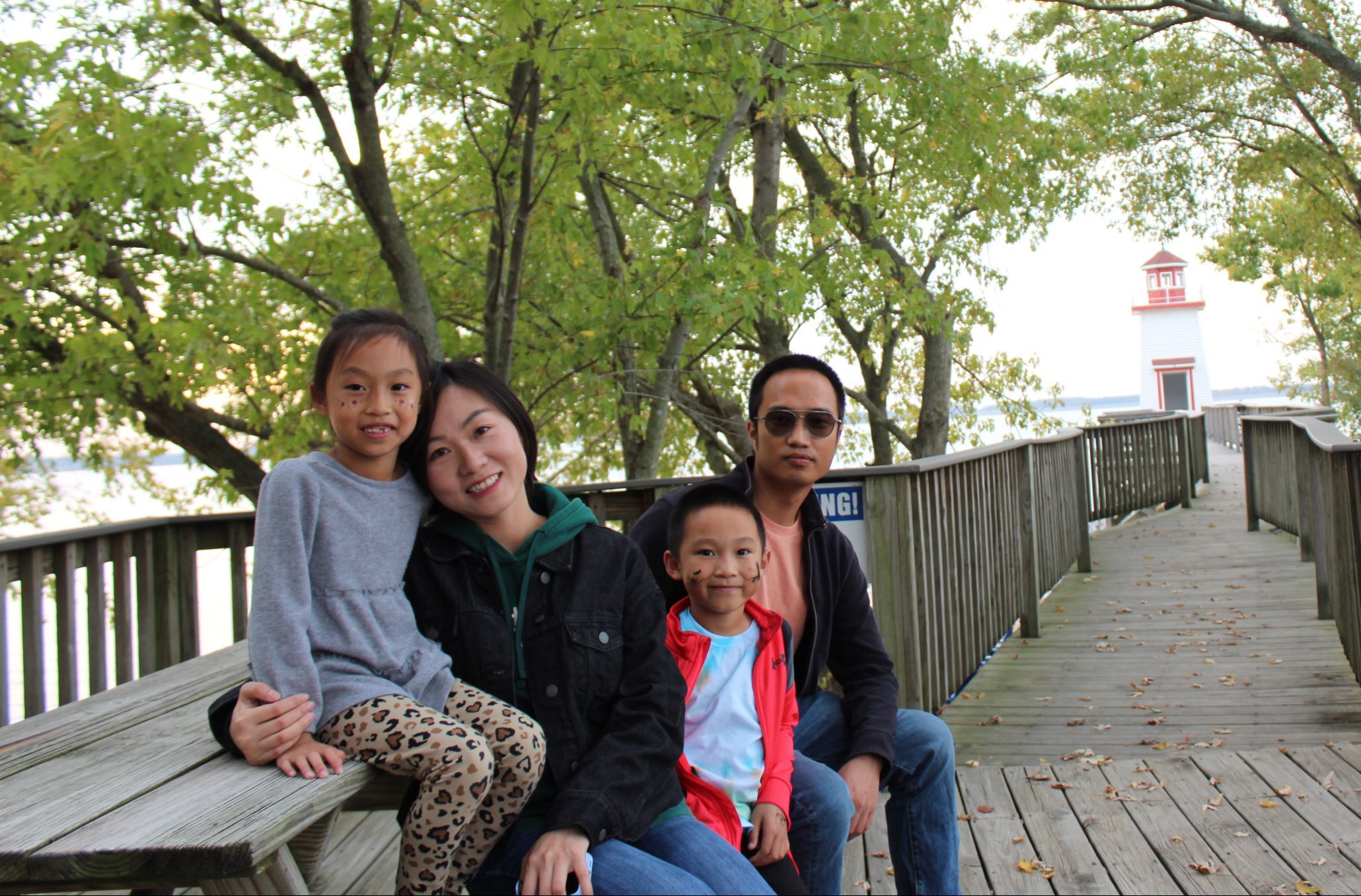
An advocate is a person who publicly supports or recommends a particular cause or policy. Talking about sexual violence can be difficult, but by learning to start the conversation, we can advocate for survivors and help prevent sexual violence in our community. Whether you hit the books or hit up social media, here are five easy ways you can advocate for the survivors in your life.

1. Share on Social Media
- Connect survivors with help by posting 24/7 helpline numbers or online services like chatting with a professional.
- Sharing statistics and graphics is an easy way to educate your friends and shed light on the issue of sexual assault. By sharing true and easy-to-understand information, you can debunk myths and stigmas surrounding sexual violence.
- Advocate for survivors of sexual violence by bringing awareness to campaigns like Child Abuse Prevention Month and Sexual Assault Awareness & Prevention Month, which take place in April.

2. Educate Yourself and Others
- Educate yourself about types of sexual violence and the meaning of consent. Learn about mandatory reporting and when it is required. You can learn about the laws in your state to see current legislation and opportunities for progress.

3. Contact Your Local and State Government
- Educate yourself on what your local government is doing to support survivors of child abuse and sexual violence. This includes staying up-to-date on current issues and where your representatives stand on the issues. Legislation can determine how survivors get access to critical services and programming.
- You can write, call, and email elected officials and ensure that they are doing everything they can to support survivors of sexual violence.

4. Get Involved
- Get involved in local agencies and organizations that help support survivors.
- Whether you chose to donate money or volunteer your time, working with local nonprofits great way to educate yourself, get involved, and show your support all at the same time.

5. Listen
- Advocacy starts at the most personal level. If you know someone who is a survivor of sexual violence, the best thing you can do is listen to what they need. Avoid judgement, check in periodically, and know the resources available for both yourself and the survivors in your life.

Sarah is a community impact intern at Lotus. She is a junior at Murray State studying organizational communication and is passionate about working in the nonprofit sector one day.






